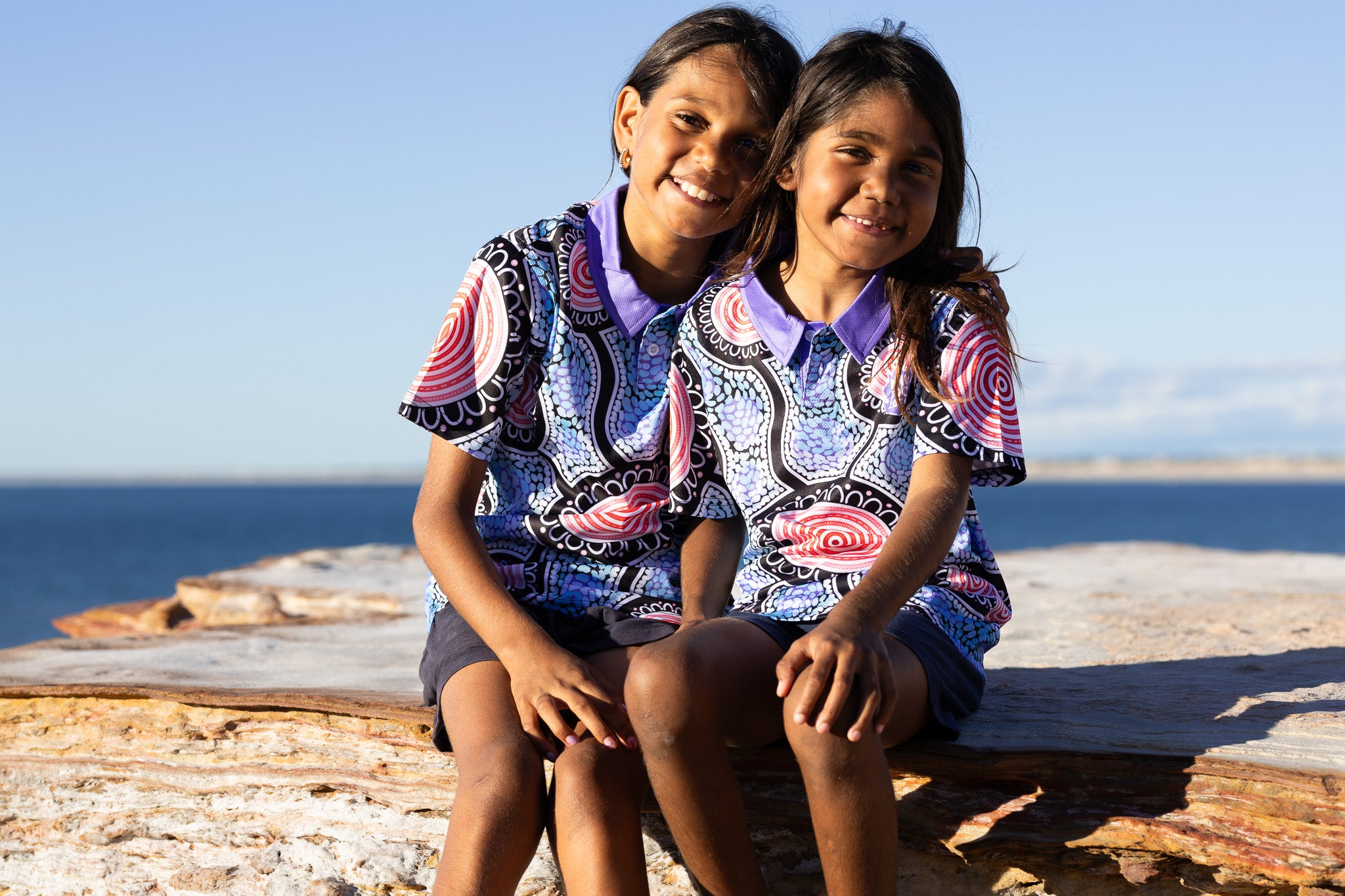Mervyn Street is a stockman from Western Australia whose life story encapsulates the essence of hard work, dedication to the land, and a poignant chapter in the history of Indigenous Australians.
Mervyn's life on the land, tending to cattle and embracing the rugged beauty of Australia's outback, is a story of hard work and deep connection to Country. But there's another side to this story, one that's been hidden for far too long – the issue of stolen wages.
For those who might not be familiar, 'stolen wages' is a term that hits hard in Indigenous communities. It refers to the decades, even centuries, where Indigenous workers were either not paid for their labour or were paid a pittance compared to their non-Indigenous counterparts. It's a stark reminder of the inequalities that have been woven into the fabric of our nation's history. These 'stolen wages' represent more than just financial loss; they symbolise a deep-seated disregard for the contributions and rights of Indigenous people.
Both of Mervyn’s parents worked on the very same station as he does, but for most of their lives, never saw a wage. Mervyn decided to launch a class action lawsuit against the WA government for thousands of Aboriginal Australians, driven by his parents' stories of withheld wages under harsh laws.
Now, with Federal Court approval on the horizon, the government is set to shell out as much as $180.4 million to qualified Aboriginal workers and their families, including their spouses and kids. This hefty sum also covers $15.4 million in legal fees to wrap up the class action lawsuit.
The recent settlement regarding Indigenous stolen wages is a significant milestone, not just for the individuals directly affected but for the broader movement towards reconciliation and equity. This settlement acknowledges the wrongs of the past and takes a step towards rectifying them, offering a semblance of justice to those who, for too long, were voiceless.
Mervyn Street's story is a beacon of hope and a reminder of the resilience inherent in the fight for justice. It's a narrative that resonates with many, highlighting the importance of acknowledging past injustices and working towards a future where equity and respect are paramount.
As we reflect on this chapter of Australia's history, let's remember the strength and perseverance of individuals like Mervyn. Their stories are not just footnotes in history books but powerful reminders of the ongoing journey towards justice and equality for all Indigenous Australians.
























